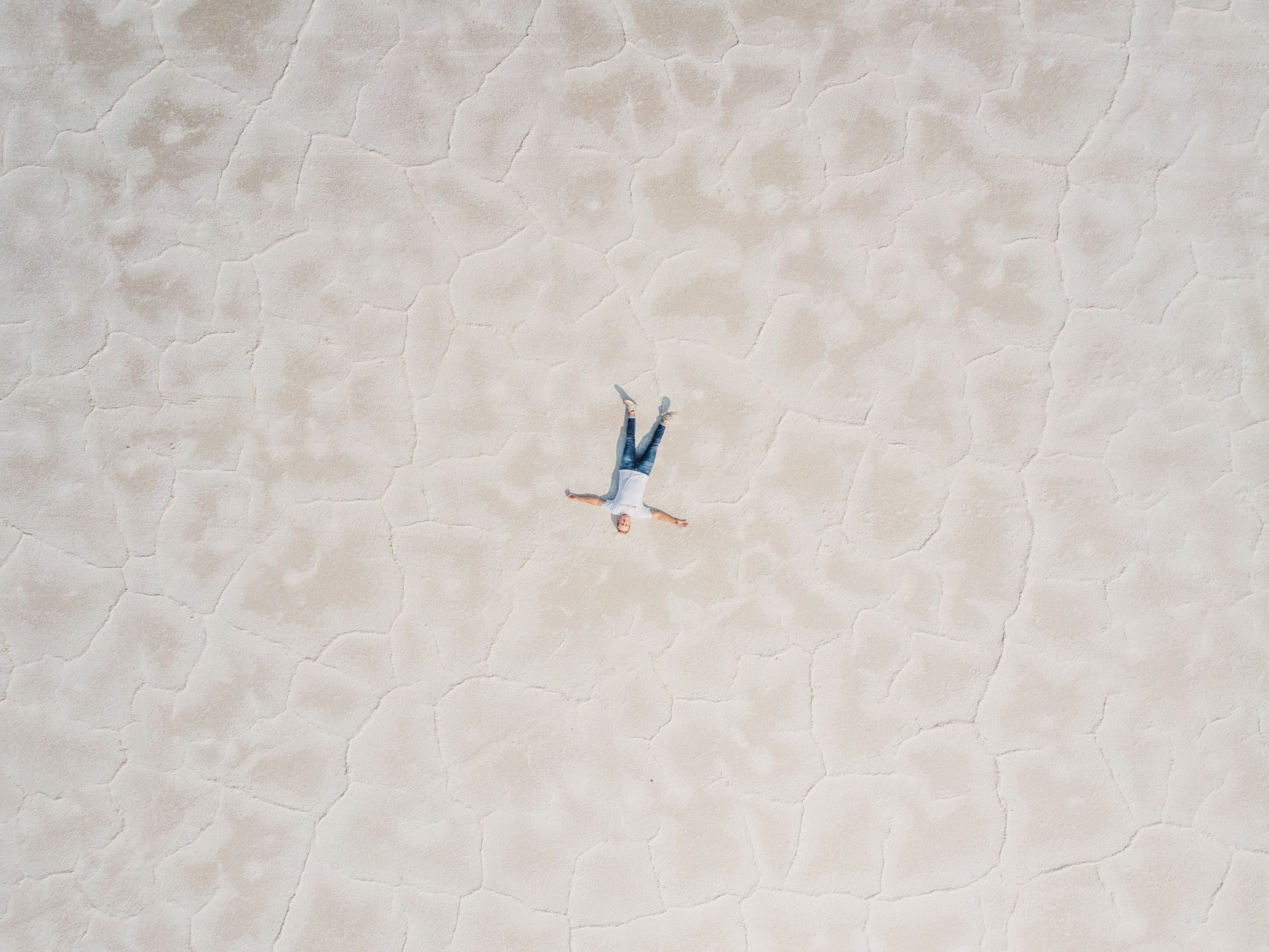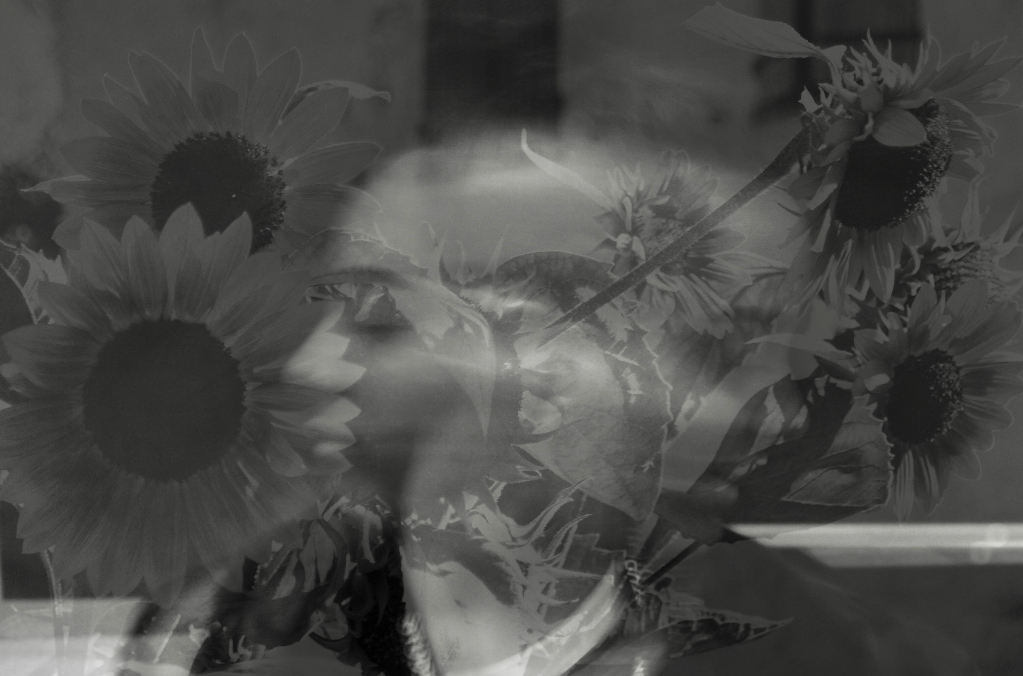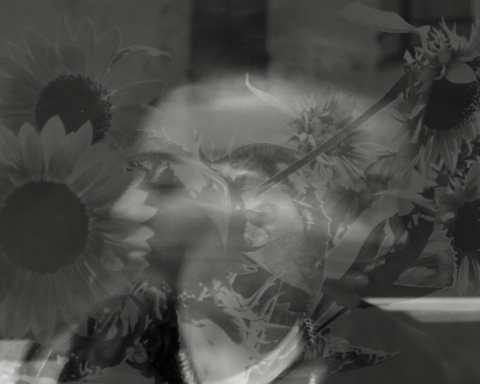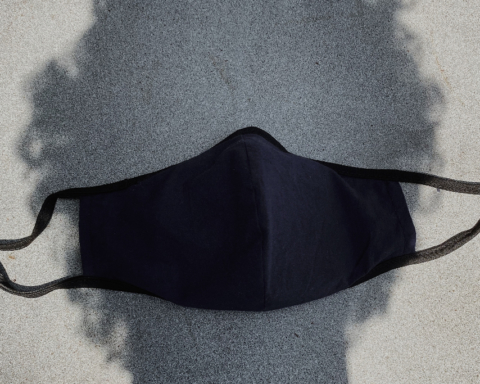It was too large to imagine.
At that height, the oceans looked like a torn hospital gown.
If we had been twin fireflies
on an otherwise dark planet, a camera could have time-lapsed us
in solar orbit—one bright enduring thread, a completed circuit
—a rotary phone cord.
*
When we looked into daylight, illusory gnats
climbed over book paper,
when we looked to the page those insects jumped
into anemic sky
—sky like the Gulf Coast in a lost era of travel—
where no-see-ums feasted
on our skin and Hitchcocked the porch screens.
Each morning, we walked past that symphony score
of bugs, out to the dwarf waves of the Atlantic.
We lived with a red and angry landscape on our legs.
And oh, how we thought we’d itch
forever, as if time could continue on through histamine.
*
There was a sea inside
our blood, its salt changed as our days accumulated.
Spring brought chaos to the garden worms—little earth-swimmers
—our spades drove into healthy piles of dirt, upending
the architecture of their lives.
Cut in half, still animate, each helpless piece
reached out to the other.
Like God, we killed at random and without purpose.
________
Lynne Ellis is the author of In these failing times I can forget (Papeachu Press). Read her words in: Red Wheelbarrow (2018 Poetry Prize), WA129, What Rough Beast, PageBoy, others. Current project: “A Virus Held Us,” a pandemic broadside series, in collaboration with Felicia Rice.
Photograph by Adam Thomas.
________










